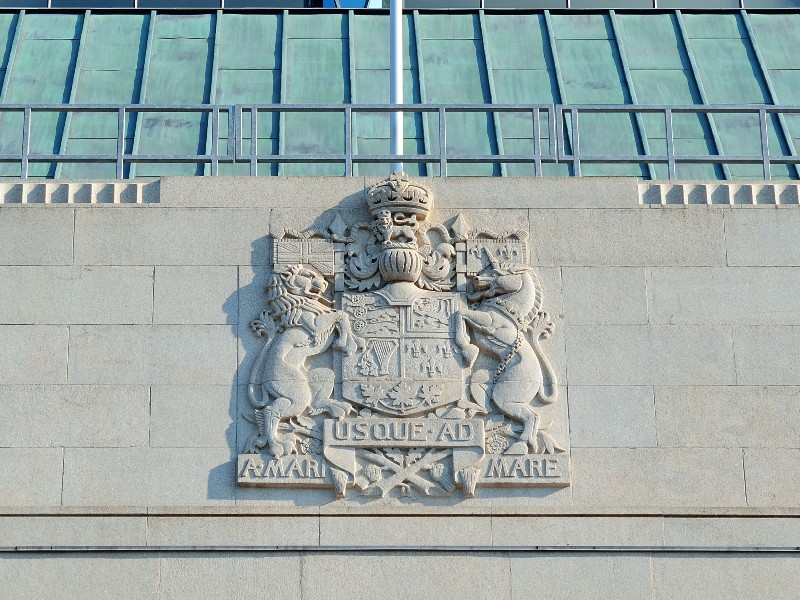
Returns from short-term Government of Canada bonds and credit are rising due to the easing of interest rates by the Bank of Canada last month, according to a new report from FTSE Russell.
It noted while Canadian government bonds across all maturities rallied, the gains didn’t erase overall losses in the second quarter, except for short-term government bonds. Although high-yield credit has outperformed since January, relative valuations currently seem stretched, said the report, noting high-yield Canadian corporates rose 12 per cent over the last 12 months.
Read: Canadian fixed income outperforms amid improving interest rate landscape: report
While the Bank of Canada reduced its target interest rate — dropping it by 0.25 per cent to 4.75 per cent in June — in advance of any easing of policy by the U.S. Federal Reserve, the report found there has been no change in the U.S., noting there’s little urgency for the Fed to move since the economy isn’t recessionary and service sector inflation remains above five per cent.
It also noted the benefit of the interest rate cut will likely be short-lived, since inflation rose 0.2 per cent to 2.9 per cent in May after five consecutive months of declines and even falling below the target two per cent line.
Despite weak forecasts for growth in the Canadian economy, there’s no active concern about a recession, the report said. Canada’s gross domestic product grew 0.4 per cent in the first quarter of the year and is expected to grow overall by 0.2 per cent in 2024 and 1.8 per cent in 2025. Unemployment rose to 6.2 per cent in May, which could help take some pressure off wage inflation since weekly average earnings fell to 3.7 per cent in April, from 4.1 per cent in March.
Read: Expert panel: How interest rates impact DB pension plans
